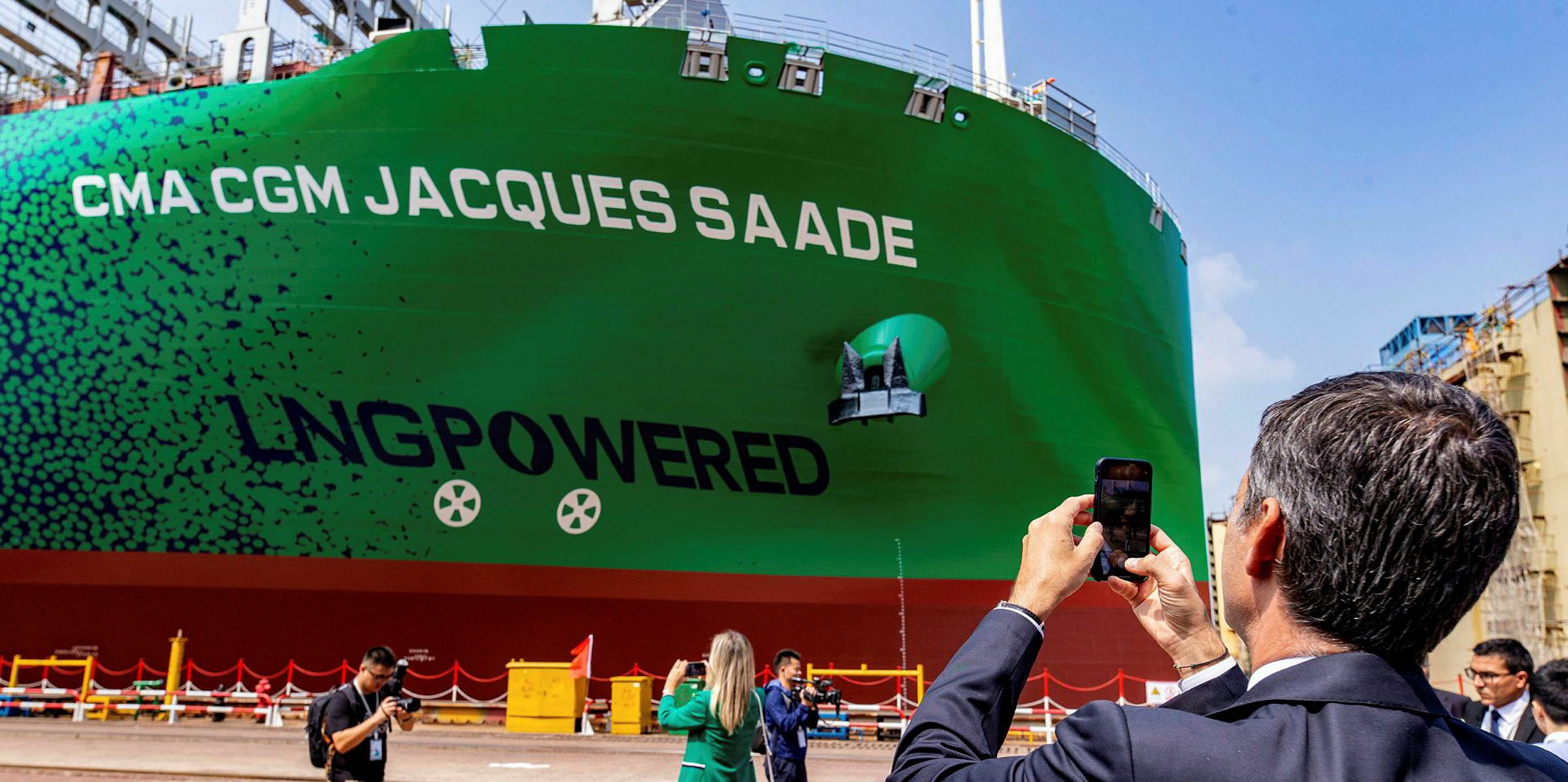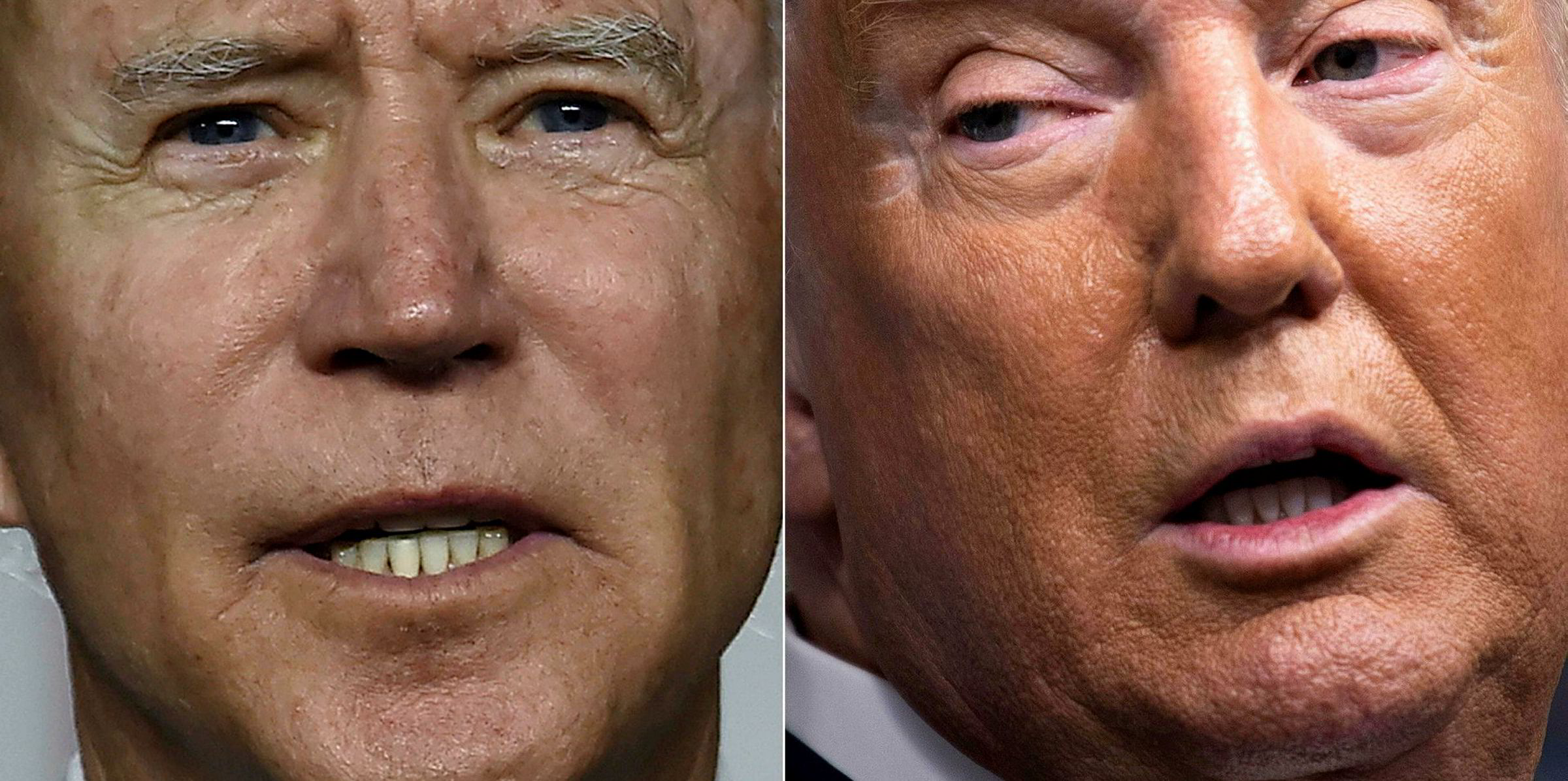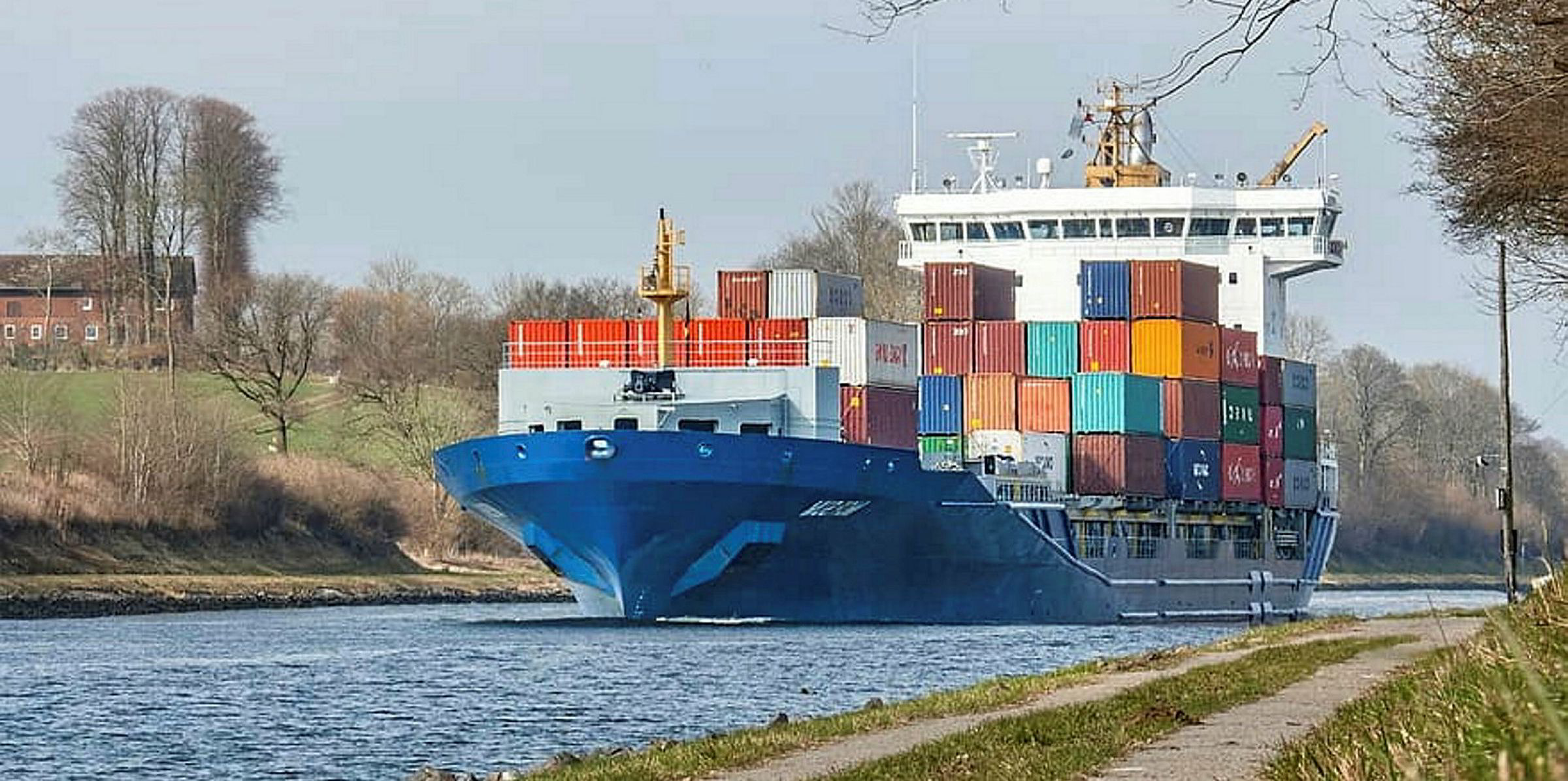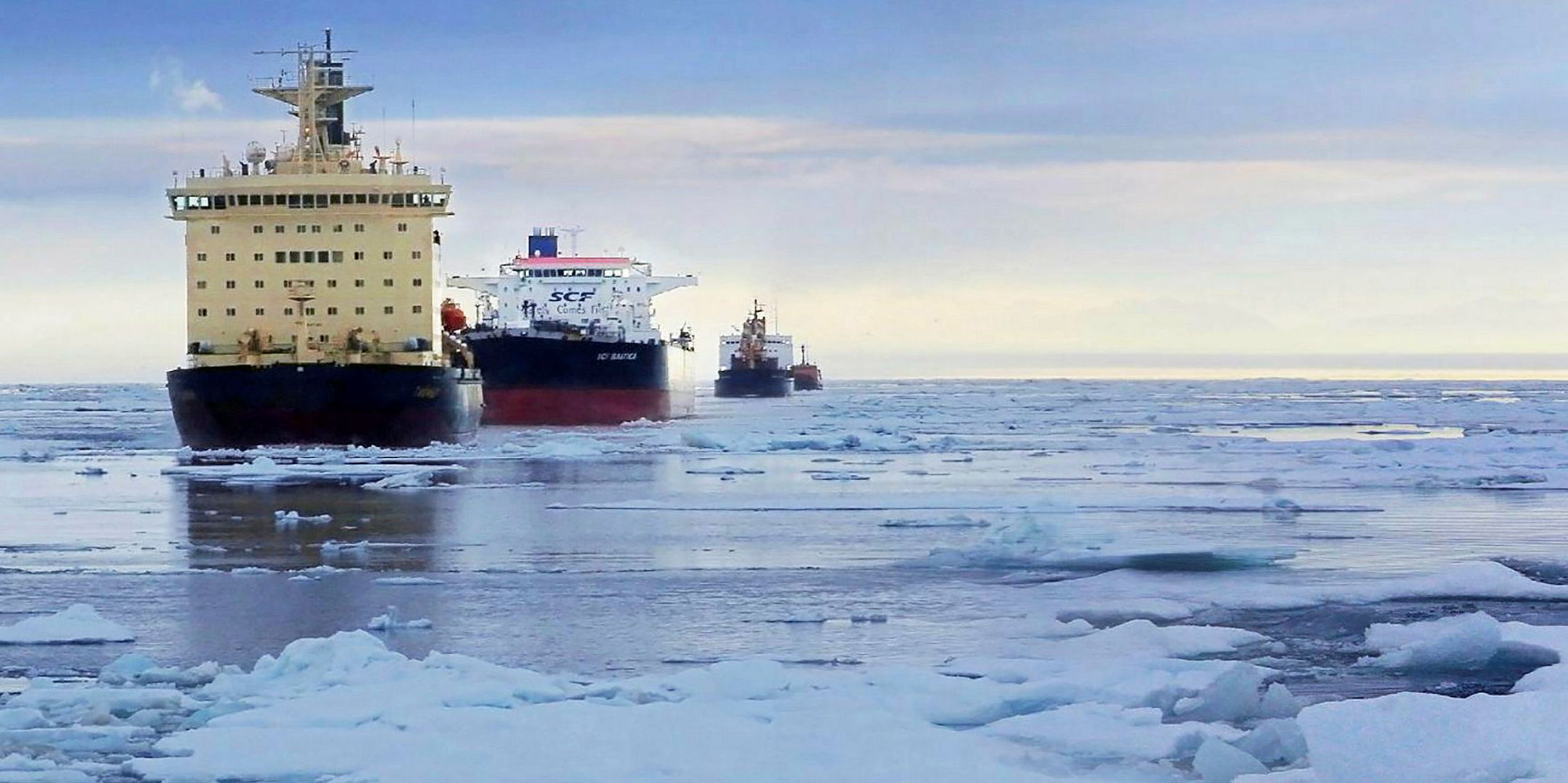Hugo De Stoop, chief executive of tanker group Euronav, has spelled out some awkward truths to the shipping industry. “We have tried to be untransparent, to hide behind the systems, to be as unregulated as possible, to pay as little tax as possible.”
Ouch! The blunt comment was made last week at the Global Maritime Forum’s Virtual High-Level Meeting. De Stoop was giving his view as to why policymakers had looked the other way when shipowners asked for help over Covid-19.
In particular, why the seafarers who ensure that world ocean trading continues during the pandemic have not been deemed “key workers” and therefore avoided harsher restrictions on travel.
This has caused enormous difficulties with crew handovers, leaving upwards of 400,000 crew members stranded worldwide.
“We have a humanitarian crisis, which is continuing,” said De Stoop, despite the International Shipping Federation, the International Maritime Organization and even Pope Francis all wading into the debate.
And yet it has been difficult for shipowners to get the attention of government ministers, because the industry is almost invisible politically.
Many vessels are registered in small jurisdictions where regulations and tax are almost non-existent, De Stoop was reported to have said by my colleague Gary Dixon, who attended the online event.
In the summer, Steve Cotton, the general secretary of the International Transport Workers’ Federation, made similar points.
He said that despite the best collaboration he had ever seen between maritime organisations, unions and companies, the industry still did not have the political clout to “get the right people to make the right decisions”.
Strange mismatch

And sometimes governments have taken an interest in an issue and refused to help, most notably with the US cruise sector. Washington declined to offer the kind of Covid bailouts it has given to the oil and gas industry, on the grounds that the industry’s giants, such as Miami-based Carnival Corp, are incorporated in offshore locations for tax purposes.
Denmark also refused to provide financial help to locally based companies that are formally registered abroad.
It is not all the fault of shipping. Policymakers are moved by things happening in their own backyards — particularly where hundreds of jobs are at risk in one location — and, by its very nature, most shipping takes place over the horizon.
By contrast, you can see why shipyards have often found it relatively easy to secure financial bailouts. What politician representing a shipbuilding area will not make a huge noise about big job losses in his or her constituency?
Shipping needs to reduce a dependence on offshore tax havens and flag states, so it can become more transparent and respectable
But there is a strange mismatch between the invisibility of shipping and the fact that it plays such an important role in the world economy. As De Stoop put it so graphically: “If you stop shipping, you stop the world.”
Covid offers the industry a chance to get itself recognised as the global titan it is. But for that to happen, it needs to change those ingrained ways that seek to justify its “unique” status.
That means accepting that paying crews a decent wage and looking after their welfare is an important part of the cost structure. As De Stoop said, seafarers “are the best ambassadors we have”.
It also means getting away from a negative knee-jerk reaction to regulation on issues such as labour or the environment.
And it means reducing a dependence on offshore tax havens and flag states, so that shipping can become more transparent and respectable.
Shipping has an enviable reputation for being full of highly entrepreneurial figures who are still corporate empire builders. Against this are those who glory in an inflated self-image as buccaneering outsiders, answerable to no one.
Yet an industry with a low or poor profile will never attract the brightest and the best recruits — at sea or on land.
Putting the industry onto a more responsible footing will enable it to attract financing more easily, as well as be taken more seriously in the corridors of political power. But it requires other shipping leaders to bravely champion reform and step on a few toes, as De Stoop has done.
The prize is huge. Shipping can step out of the shadows and take its rightful place in the sun: transporter to the world, respected everywhere.








